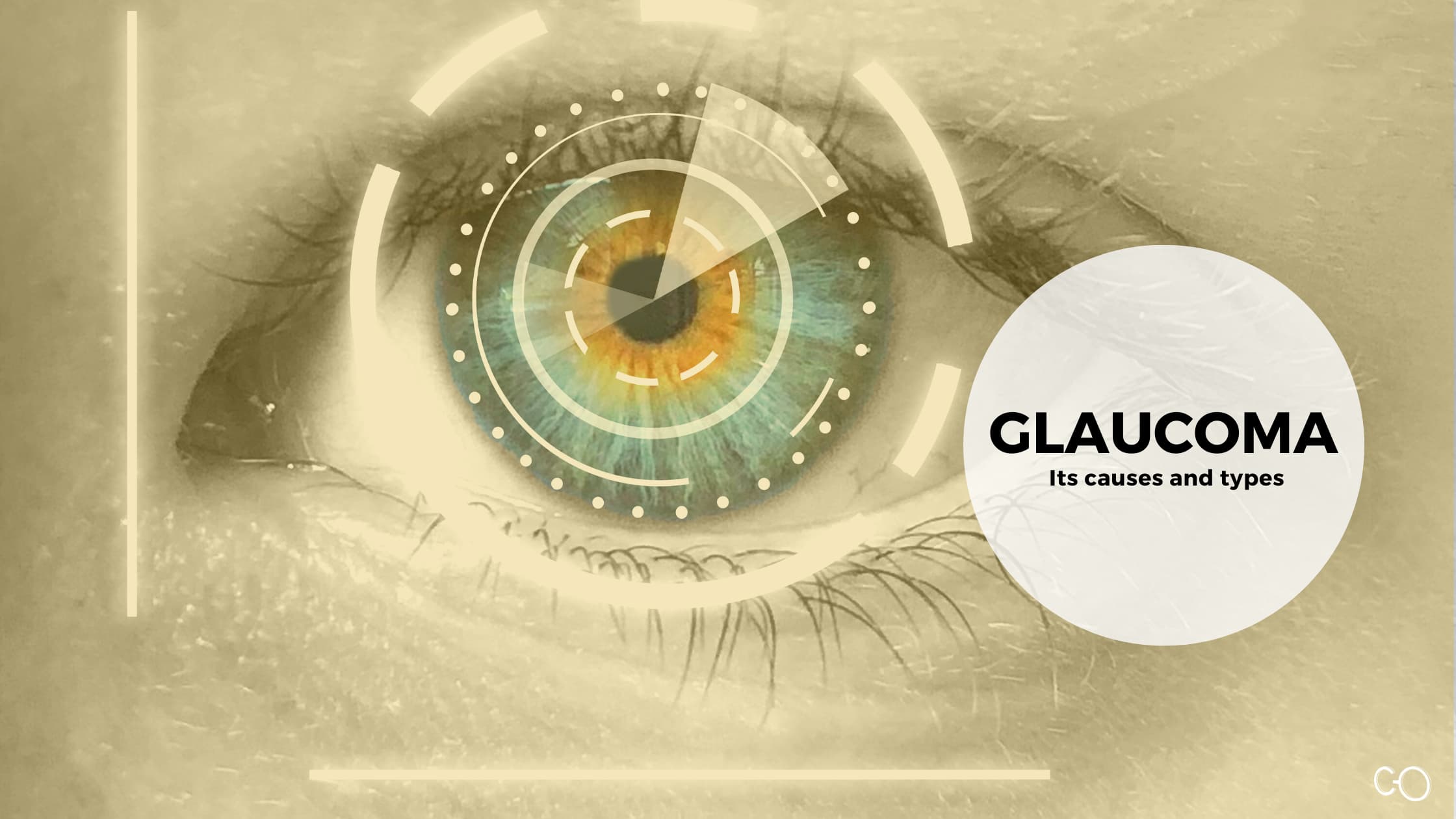We often hear of the disease; Glaucoma, a common concern for older people mostly above age 60, is also a source of fear for older ones with or around them.
What is glaucoma disease, and how grave is it for both the old and young?
Glaucoma was coined from the Greek word glaukos, meaning bluish-green or bluish-grey and another Greek word glaucoma meaning “the lens’s opacity.”
It occurs when fluid builds up in the front part of the eye, subsequently increasing eye pressure and damaging the optic nerve. It is the leading cause of irreversible blindness. The good news about this disease is that its preventable! With early detection and treatment, glaucoma, like every other disease, has an aetiology, studying causes, symptoms, treatment, and preventive measures.
Causes
The human eye contains a fluid known as the aqueous humour at the back of the eye. This fluid is controlled by Intraocular Pressure (IOP) and flows out through the cornea and iris. If these channels are blocked, the pressure within the eye increases and, in the long run, damages the optic nerve fibres. The optic nerve is responsible for transferring visual electrical impulses from the retina to the brain, giving us the ability to see and identify what was seen. The damage of the optic nerve causes visual impairment or permanent vision loss.
Types and Symptoms
Glaucoma appears in stages or types;
The individual types also have their symptoms, the common symptom is vision loss which occurs when damage is grave or early stages were not identified.
Open-Angle
This is the most common form of glaucoma. When the eyes’ drainage canals are the cornea and iris, clogs stop the fluid from flowing out. However, the blockage increases eye pressure and slowly damages the optic nerve. It is called an open-angle because it creates a wide and open angle between the iris and cornea. However, this common type of glaucoma is also referred to as Primary Glaucoma. This type is asymptomatic.
Thus, it is good to regularly get an eye examination, especially if there is a history of glaucoma in the family. It can be detected early and be prescribed a preventive treatment before it damages the optic nerve with frequent eye examinations.
Normal-Tension
This glaucoma still develops even under normal intraocular pressure. Its cause is still unknown but seems to be a genetic disease and most common in Japanese people. Just like open-angle glaucoma, this also has “silent symptoms”, which means it might not be easily noticed until most optic nerve fibres are damaged.
Angle-Closure
Unlike Open-angle, this is rarely seen in glaucoma cases. Similar to open-angle glaucoma, it is caused by a blocked drainage canal. However, the angle formed between the iris and cornea is closed; hence, the name Angle-Closure Glaucoma. This form requires immediate medical attention, and the good thing is the symptoms are obvious as it develops quickly. Some of these symptoms include:
- Eye pain.
- Nausea and vomiting.
- Blurred vision.
- Severe Headaches
- Halos around lights.
It is also known as Acute Glaucoma.
Other types of Glaucoma
Secondary
Pigmentary
Pseudoexfoliative
Traumatic
Neovascular
Irido Corneal Endothelial Syndrome (ICE)
Uveitic
Congenital
Diagnosis
A medical history review and a comprehensive eye examination will be conducted. Several eye tests, such as measuring intraocular pressure, a dilated eye examination, imaging tests, visual field tests, measuring corneal thickness, and a gonioscopy that checks the drainage angle, will be performed to check for glaucoma thoroughly.
Treatment
Glaucoma causes irreversible damage. However, the degree of damage can be stopped or controlled. It can be controlled by surgery or eye drop.
Eye Drop
This method is used to reduce the intraocular pressure (IOP) already built up in the eye. Fluid flows better with the help of this eye medication, especially through the drainage angle. Nonetheless, these medications have side effects such as;
- Stinging or itching
- Red eyes
- Change in heartbeat and energy level
- Blurred vision, and sometimes a dry mouth.
Keeping in mind that all medications have side effects prepares you for what is to come. You should give your doctor a full account of all medications you are taking. This will help because they are in a bettered position to change or take you off certain prescriptions, depending on the outcome.
Surgery
Glaucoma surgery can be done in the doctor’s office or an operating room.
Laser Treatment
Laser surgery treatment which is done to drain aqueous from the eye, is a simple procedure carried out in the doctor’s office. In the case of Open-angle glaucoma, Trabecuoplasty is carried out, while for Angle-closure glaucoma, an Iridotomy (creating a tiny hole in the iris) is performed.
Operating Room Surgery
This is when a new drainage channel is created for aqueous humour to leave the eye. It is done in three different ways; Trabeculectomy, Glaucoma Drainage Devices, and Cataract Surgery.
In treating glaucoma, the patient is expected to also play an active part for maximum results. Taking the medication on time and according to prescription, visiting the doctor when due for an appointment also, when there is a new development. Healthy habits also help to improve eye health. Eating healthy, exercising, staying hydrated, a good sleeping position, and taking prescribed drugs.
Call us on 0161 665 3673 to book an appointment with us now! Follow us on Facebook and Instagram @chaddertonopticians for the latest eye health news.


